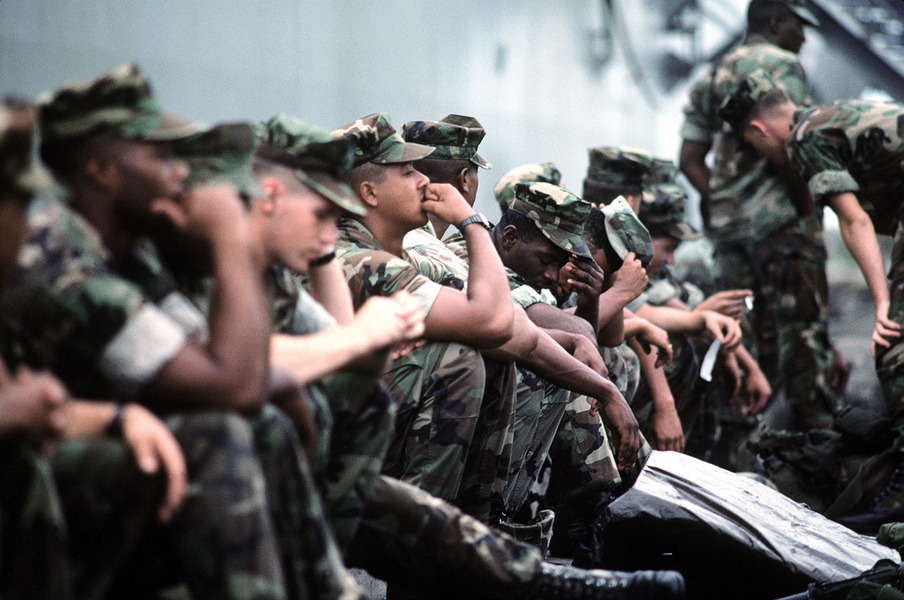Bruce Riedel on the Mumbai Attacks, Five Years Later
My Brookings colleague Bruce Riedel has an essay up on the Brookings web site entitled, "Five Years On, Mumbai Terror Masterminds Still at Large." It opens:
Five years ago, the city of Mumbai was attacked by Pakistani terrorists in the most important terror attack since 9/11.
Published by The Lawfare Institute
in Cooperation With

My Brookings colleague Bruce Riedel has an essay up on the Brookings web site entitled, "Five Years On, Mumbai Terror Masterminds Still at Large." It opens:
Five years ago, the city of Mumbai was attacked by Pakistani terrorists in the most important terror attack since 9/11. The 10 terrorists’ tactics have been copied by others since—for example, just weeks ago in Nairobi. We know a great deal more today than ever about the attack, its planners, and the critical American hand in the plot.Two fabulous five-star hotels were the main targets. The Oberoi and the Taj hotels were attacked by teams of terrorists from the Pakistan-based Lashkar-e-Tayyiba group (LeT), along with the city’s train station, a restaurant that catered to foreign visitors and the rich, a Chabad House for visiting Israeli and American Jews, and the city hospital. Between November 26 and 29, 164 people died and over 300 were injured by the 10 terrorists. Six Americans were among the victims. In India, the horror is known as 26/11 and the battle to kill the terrorists as Operation Black Tornado. For the terrorists and LeT, it was Operation Bombay. LeT had carefully chosen the targets and meticulously researched them over several years. They received considerable assistance in doing so from two sources—the Pakistani intelligence service, called the Inter-Services Intelligence Directorate or ISI, and al Qaeda. Each had its own agenda for the operation. But the targets were the same—Indians, Americans, and Jews—the targets of the global jihad started by al Qaeda in the late 1990s. I pointed this out to President-elect Barack Obama and his transition team at the time in several briefings in my role as South Asia transition director after his election. The attack was intended to change dramatically the future of South Asia, perhaps even by provoking a war between the two nuclear powers rising in the subcontinent.
Benjamin Wittes is editor in chief of Lawfare and a Senior Fellow in Governance Studies at the Brookings Institution. He is the author of several books.


.jpg?sfvrsn=d5e57b75_5)


